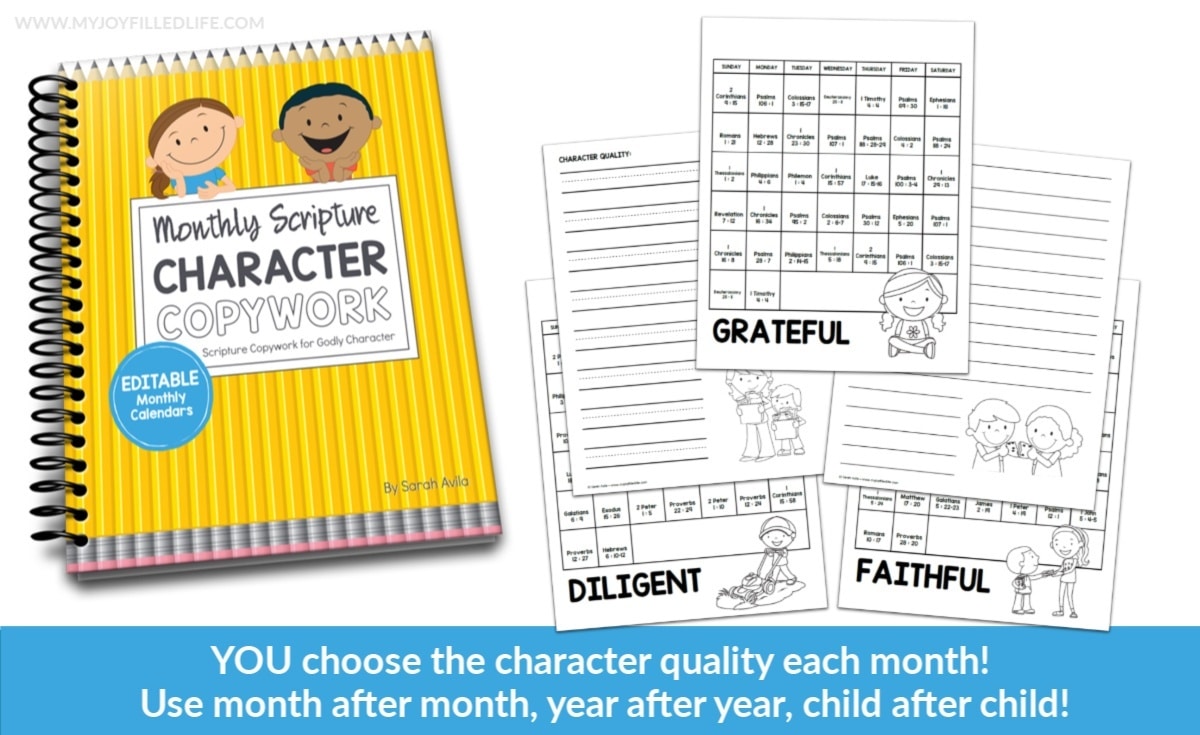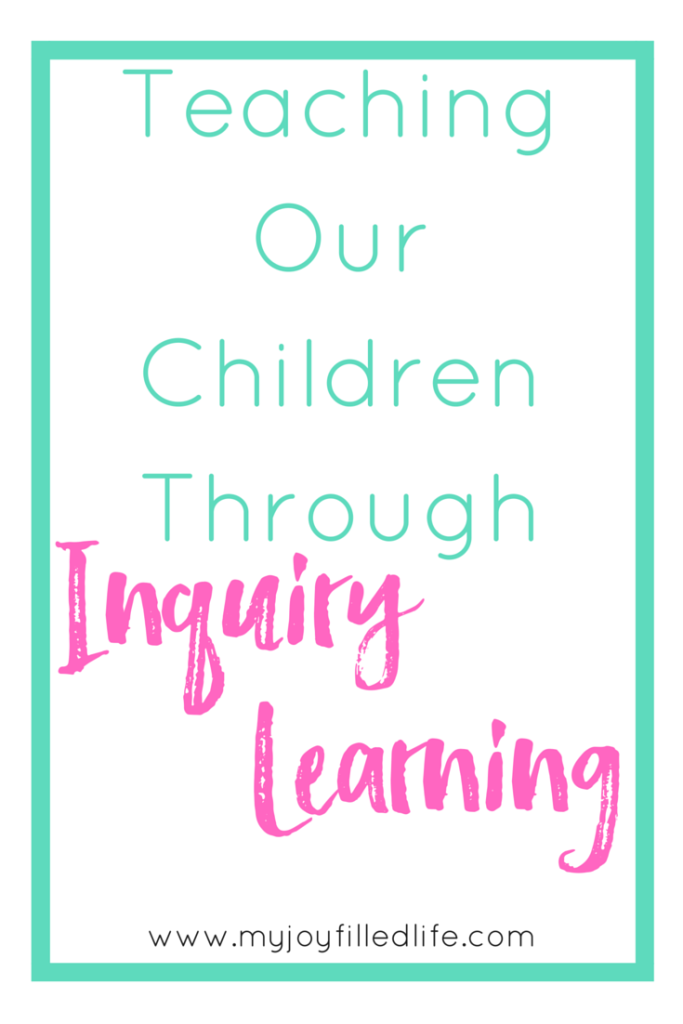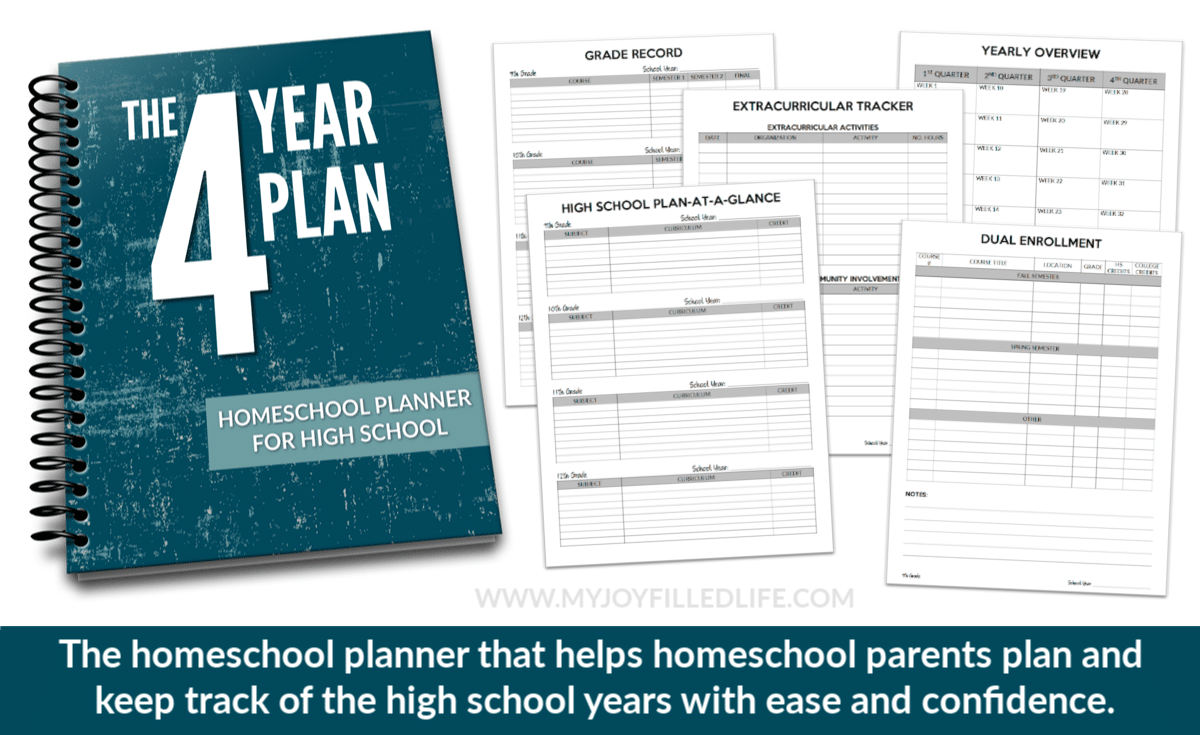Hey y’all! Think back to when you were a kid in school or homeschool. What is your best learning memory? (Share it below in the comments please!) I bet that memory isn’t of you sitting at a desk doing a worksheet. I bet that memory isn’t of you taking a test. And I bet that memory isn’t of you reading a boring book.
No that memory is probably of you doing a really fun project to present to the class or reading a book about your favorite topic. It may even be creating a play with dialogue and props to showcase what you learned. These memories stuck with you because they were hands-on, relevant, and valued.
Today I am going to be talking about inquiry learning. It is the basis for any lesson I teach to my daughter, in my preschool, and in my classroom when I had one.
What is Inquiry Learning?
Inquiry means to question. Humans are naturally curious, so we question EVERYTHING! It’s why a two-year-old asks “why” at least a million times a day. As parents and teachers, we can use that to our advantage, especially being homeschool parents. As our kids question, we can create learning opportunities around those questions. Our lessons can be based off of the questions they are asking and the topics they are interested about.
But What if it’s Not What We Want Them to Learn?
That’s the beauty of inquiry learning. We can use their questions/topics and create our own questions that we want them to explore as well. I call these lead questions. Let’s say you are trying to teach your child about measurement, but all she wants to do is learn how to make cookies. She has been obsessed with cookies for the past week. This is the perfect opportunity to meet your goal and act on inquiry learning. She is inquiring about making cookies because that is what she is interested in right now. We want to teach her how to measure. Well take school into the kitchen. Teach her how to measure the ingredients to bake those cookies. She will be interested and take ownership of her learning because it’s related to what she wants to learn. To frame this as inquiry, her question for the lesson may be “how do you make cookies?” Your question for the lesson may be “How do we measure ingredients to get the perfect cookie?”
How Can I Use This to Plan my Homeschool?
I will tell you that I plan my home preschool around inquiry learning, but I have seen others that don’t plan. I’m going to touch on the 3 most effective ways that I have seen.
Plan
I watch my kids and ask them what they are interested in learning at the beginning of the month. We talk about what they want to know about that topic. I then create lessons around those questions. My lessons allow my kids to explore the topic on their own with guidance from me. It’s not just me telling them about the topic. Inquiry learning is self-directed, so I basically just provide the materials to help them discover the answers on their own. The teacher is just the guide to ask deeper questions and guide them to the answers.
Extra Project
Right now, I am teaching preschoolers, so having a plan and being a guide is important. As my daughter gets older and is capable of organizing projects on her own, inquiry learning will turn into an independent extra monthly project. This coincides with the daily homeschooling lessons and is completely independent.
At the beginning of the month, the child picks a topic of interests. They narrow it down and ask specific questions they want answered. Then it’s all about the research. As they research they look for the answers to their questions while learning more information about their topic. As research happens, more questions develop which leads to deeper research of the topic. At the end of the month, the child has to present a project to the family. This could be a PowerPoint presentation, a scavenger hunt for clues, or a poster. Kids have creative minds and I bet they will come up with more unique project ideas that I just did!
I LOVE this approach to inquiry learning because it utilizes a variety of skills. Within this one-month long project, kids are using reading, researching, writing, speaking, organizational, time management, and listening skills. It’s a great way to work on public communication skills.
Go With the Flow
Just as the title suggest, you just go with the flow. I have seen homeschool parents who don’t use a curriculum. They base their learning objectives off of the child’s interest. They go to the library at the beginning of every week to choose materials that go with one topic. They spend the week doing projects from each subject area that relates to that topic. There is no curriculum. They just go with the flow of the child’s interest. I’m not as fond of this approach as I am of the second approach. I feel like some sort of curriculum is needed to ensure your children are reaching standards. I know in my state that a curriculum must be utilized, so some states may not be able to just go with the flow.
Things to Remember About Inquiry Learning
- Learning stems from questioning
- Student initiated
- Student directed
- Learn through interests
- Teacher/parent is only a guide
- Hands on in best
- Present your findings
Inquiry learning is basically letting your kids learn through their interests and questions. By learning what they want to learn, they see relevance and value in what they are learning, and they are more likely to take ownership of their learning.
Do you utilize inquiry learning in your homeschool? How?






